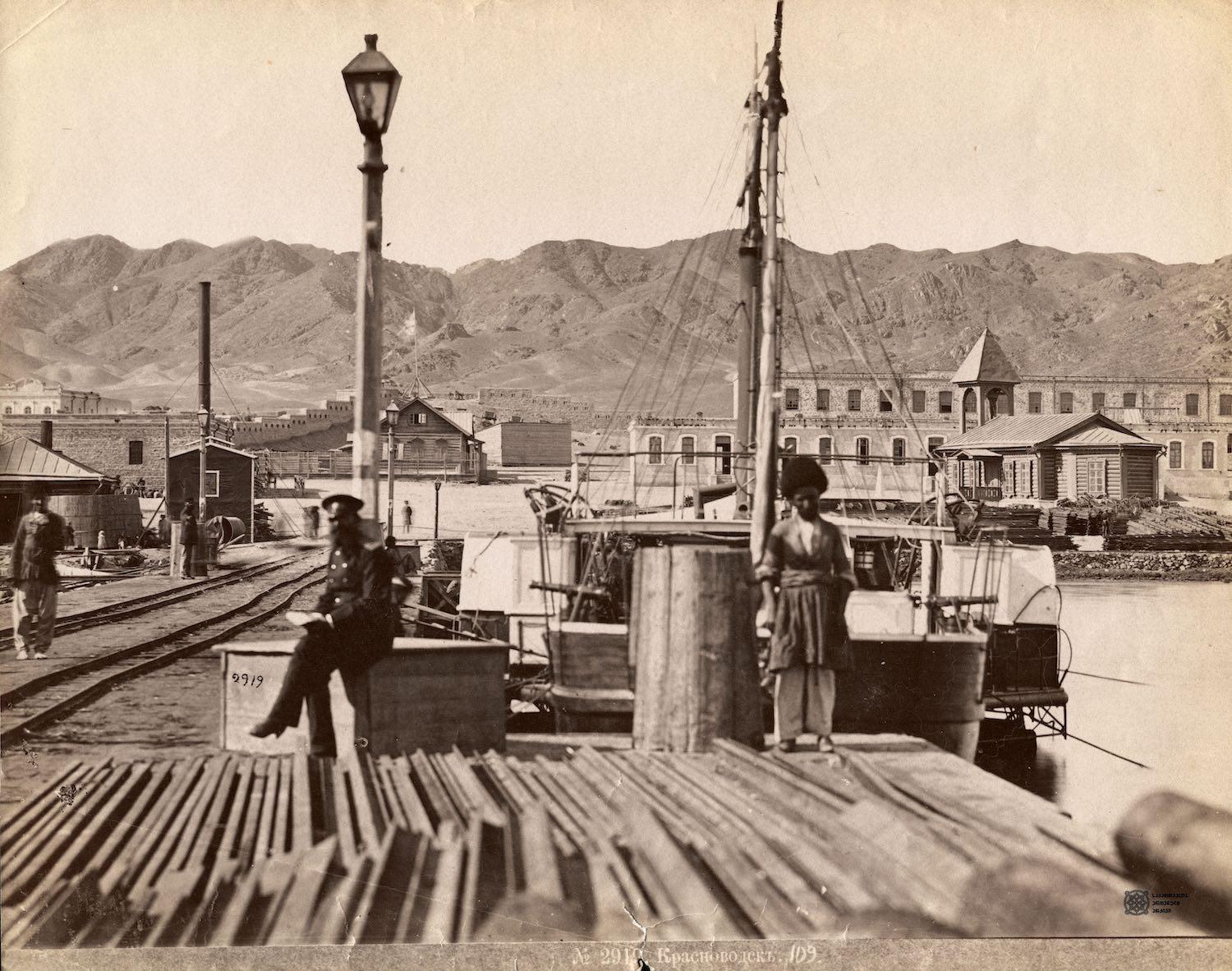
A Blueprint for the Empire: Customary Law and the Production of Knowledge in the Caucasus and Transcaspia, 1870-1890
Roman Osharov (New College, Oxford)
This paper examines how Orientalist preconceptions about Muslims in the Caucasus were applied by the Russians in Central Asia. It focuses on Transcaspia, which was administered from the Caucasus between the 1870s and the 1890s, first from Petrovsk and then from Tiflis. One of the first steps taken by Russian administrators from Dagestan once Transcaspia was transferred to them from Orenbrug was to collect and codify customary law, known as ‘adat, of the Qazaqs and Tukmens. This demonstrates the importance attached to customary law in the Caucasus, where it was promoted against the Shari'a. But after having collected and codified ‘adat for Transcaspia, the Russians concluded that the Qazaqs and Turkmens were less religious than the Muslims in the Caucasus, and subsequently rejected the idea of incorporating them into the Muslim spiritual structures in the Caucasus. This move limited the contact between Muslims in Transcaspia and those in the Caucasus – much as the Russian Empire had done elsewhere. The paper draws on an unpublished compilation of ‘adat for Mangishlaq from Sakartvelos Saistorio Tsentraluri Sakhelmtsipo Arkivi within the National Archives of Georgia.
